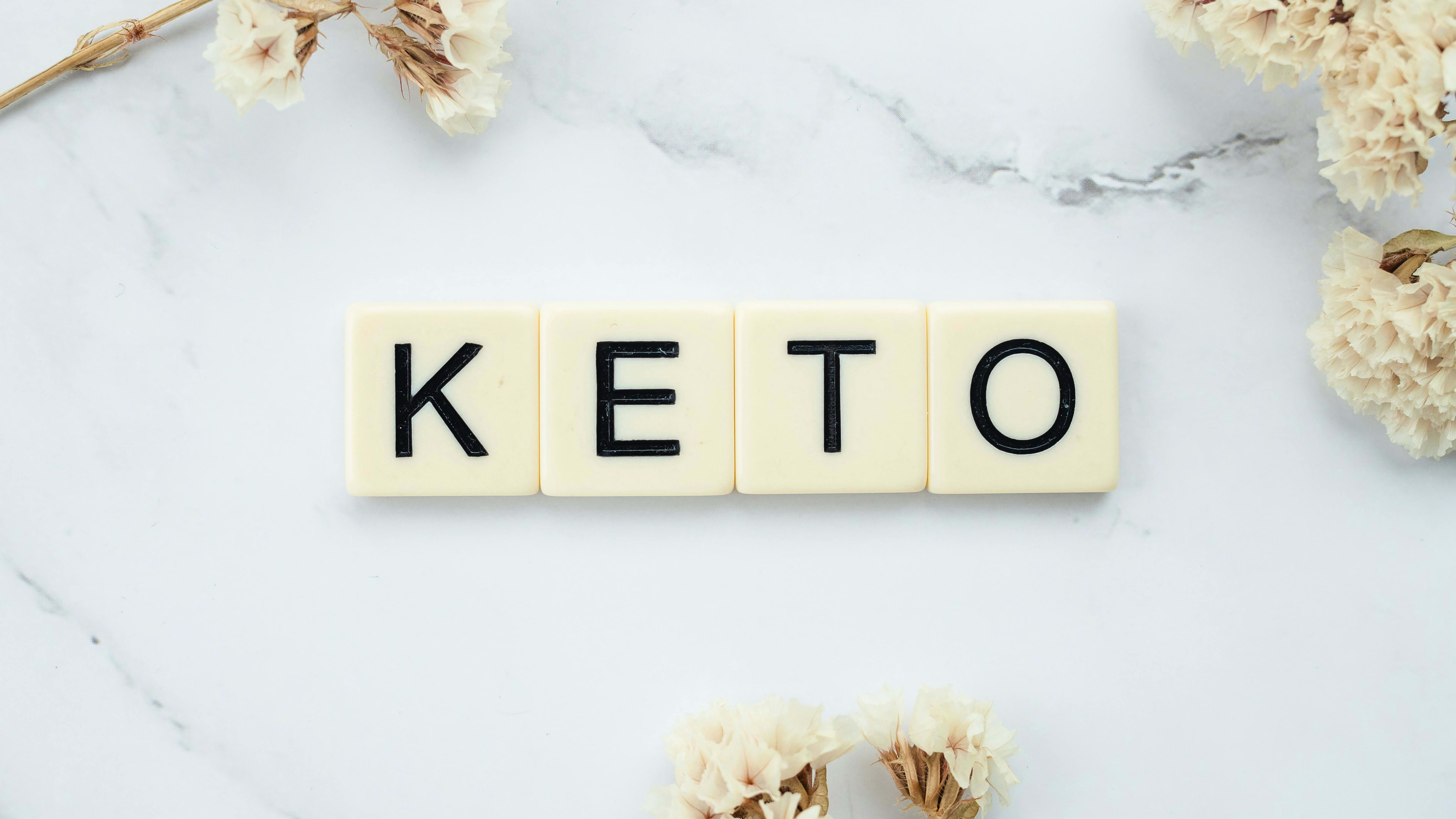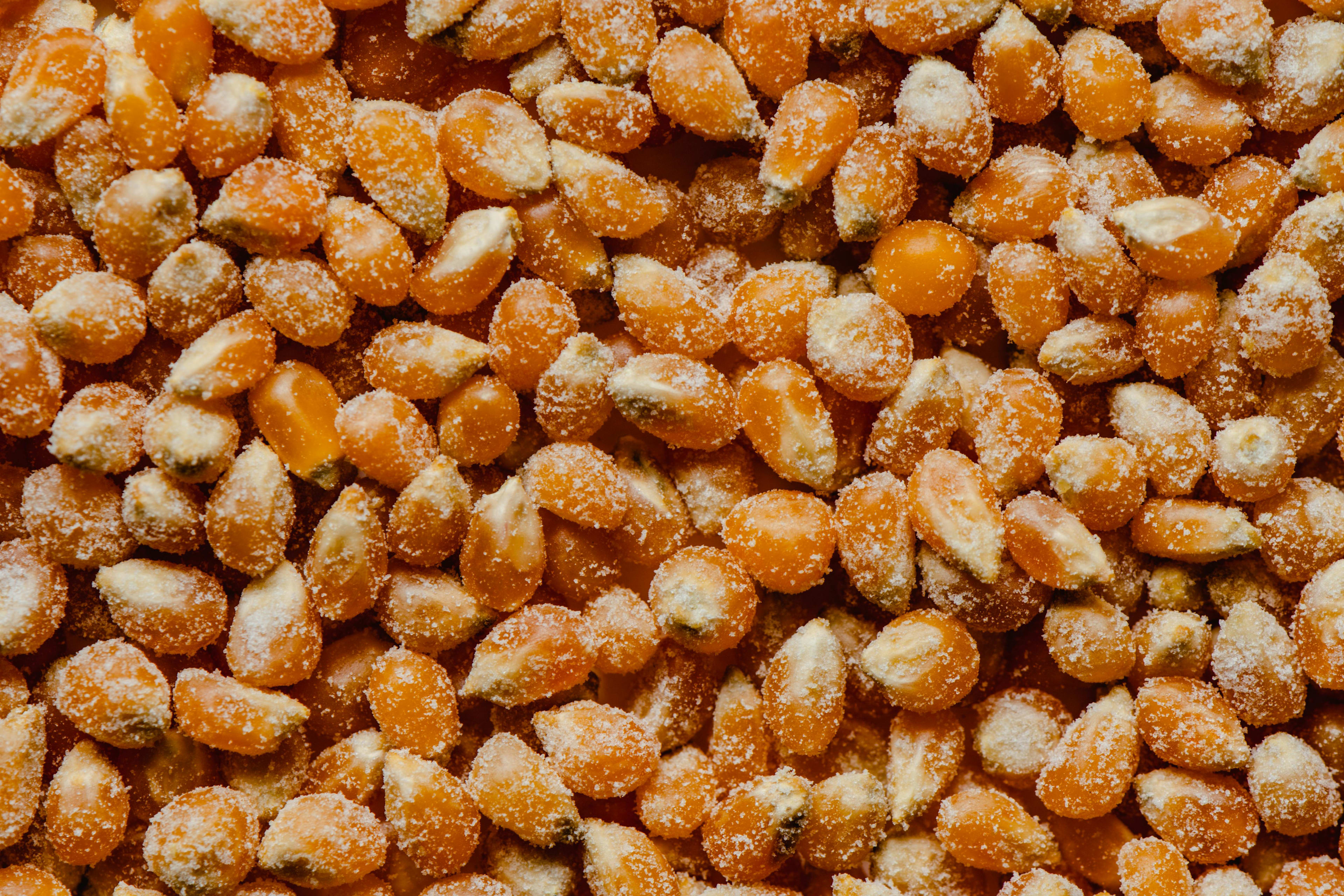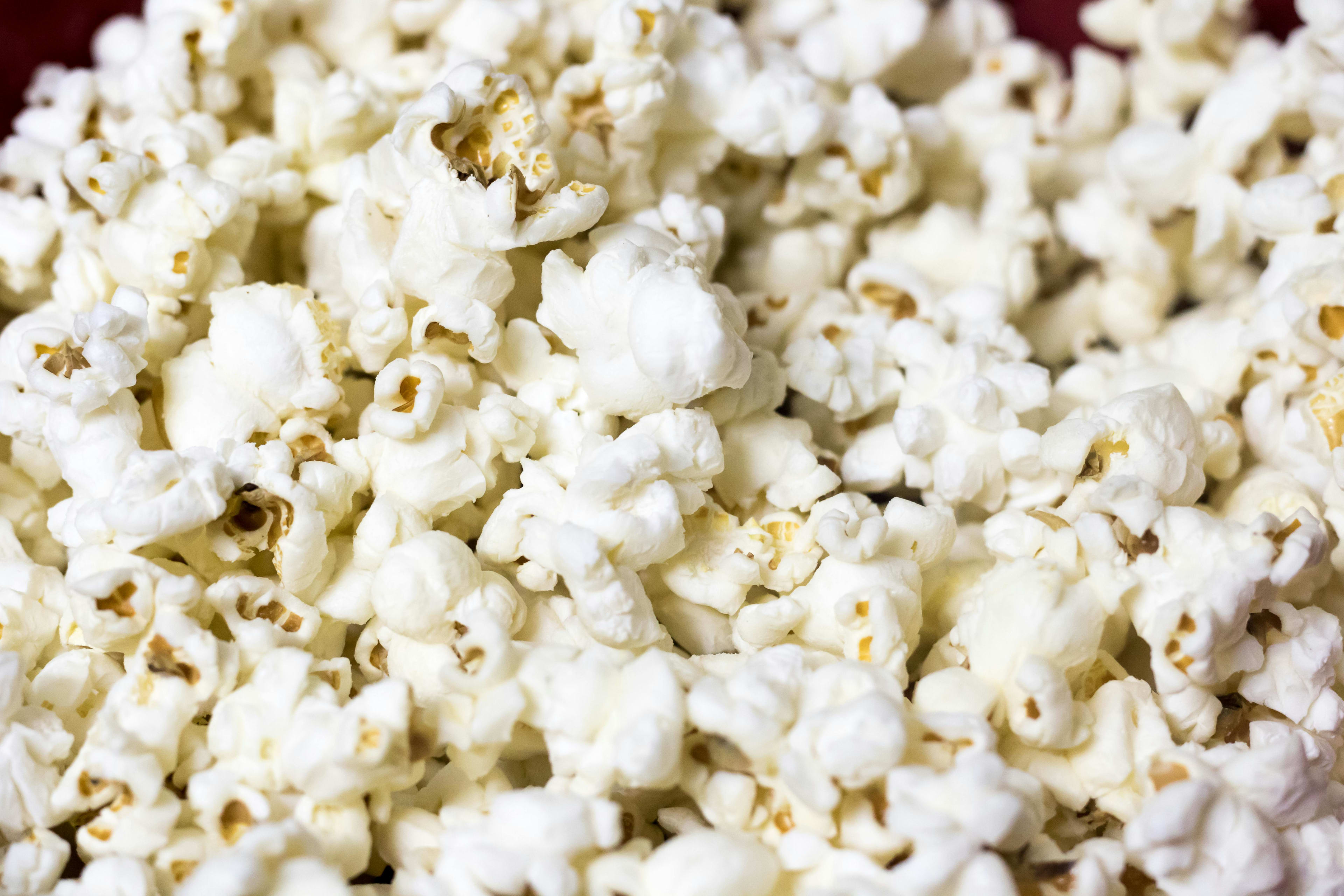Is Popcorn Keto Friendly?
Is Popcorn Keto Friendly?
In the world of snack foods, popcorn reigns supreme. Its irresistible crunch, its versatility, and its status as a movie-night staple have turned popcorn into a beloved treat around the globe. However, if you're following a ketogenic diet, you might be wondering whether you can still indulge in the buttery delight of popcorn. Is popcorn keto-friendly, or is it a no-go on the low-carb lifestyle?
In this article, we will conclusively answer this question, delve into the nutritional facts of popcorn, and provide some helpful alternatives, so you don't have to feel deprived while maintaining your ketogenic regimen.

What Is a Keto Diet?
The keto diet has steadily increased in popularity over the years, becoming one of the most popular diets out there. In 2020, there were more than 25 million unique searches relating to the keto diet, which made it the most Googled diet in the United States.
The low-carb, high-fat nature of this diet is designed to transition your body into a metabolic state known as ketosis. In a nutshell, ketosis is a metabolic state where your body, in the absence of its preferred fuel source (carbohydrates), begins to burn fat for energy.
When your body is in ketosis, you may find that your mental clarity, blood sugar levels, and overall wellness are supported. The crux of a successful ketogenic diet lies in the careful distribution of macronutrients.
Here is a quick breakdown of a typical keto diet:
- Fats should be your diet's primary focus, with approximately 70-75% of your daily caloric intake originating from fats.
- Proteins should constitute around 20-25% of your diet as they play a crucial role as the building block for your body's cells.
- Carbohydrates should make up only about 5-10% of your daily calories. For most people, that would equal roughly 20-50 total grams of net carbs (total carbs minus fiber).
What Makes Food Keto-Friendly?
First and foremost, keto-friendly foods should be high in healthy fats. This doesn't mean reaching for the nearest bag of potato chips or heading out for some fast food.
Instead, it involves incorporating foods that are rich in monounsaturated and polyunsaturated fats, such as avocados, olive oil, and fatty fish. These fats help keep your body in the state of ketosis, support heart health, and provide essential fatty acids that your body can't produce on its own.
Next, keto-friendly foods should contain a moderate amount of protein. While protein is an essential nutrient for building and repairing tissues, consuming too much can potentially kick you out of ketosis.
This is because excess protein can be converted into glucose in the body, which could shift your body's metabolism away from fat and toward carbohydrates. Foods like lean meats, poultry, fish, and eggs are excellent sources of protein that can be included in a keto diet.
Finally, keto-friendly foods should be very low in net carbohydrates. Net carbs can easily be calculated by subtracting the fiber content from the total carb count. Technically, fiber is a type of carbohydrate, but it doesn’t get digested and absorbed in the same way as other carbs.
Instead, it passes through the digestive system largely intact, so it doesn’t contribute to your overall net carb count. That means you can include a variety of fruits and vegetables in your diet as long as they’re high in fiber.

What Is the Nutritional Value of Popcorn?
Popcorn, a beloved snack enjoyed worldwide, is a variety of corn kernels that expand and puff up when heated. It's classified as a whole grain, which means it contains all parts of the grain — the bran, germ, and endosperm. Whole grains, including popcorn, are packed with nutrients that make popcorn a healthy snack.
According to the USDA, one cup of air-popped popcorn boasts about 31 calories, 1 gram of protein, 6 grams of carbohydrates, and 1 gram of fiber. The protein and fiber in popcorn help you feel full, making it a satisfying low-calorie snack that can aid in weight management. Additionally, popcorn contains small amounts of vitamins and minerals, including magnesium and certain B vitamins.
However, it's crucial to note that popcorn nutrition facts can vary dramatically based on its preparation method. In fact, the preparation method for popcorn is probably even more important than the snack itself.
For example:
- Microwave popcorn often contains added fats, artificial flavorings, and significant amounts of sodium, which can increase both its calorie and carb content.
- Movie theater popcorn is typically drenched in butter and generously sprinkled with seasonings such as salt or parmesan cheese, transforming it into a high-calorie, high-carb, and high-sodium treat.
- Flavored popcorn varieties, such as kettle corn or caramel popcorn, often contain added sugars, further increasing their calorie and carb counts.

Is Popcorn Keto-friendly?
While popcorn is a whole-grain snack known for its low-calorie count and high fiber content, it's also relatively high in carbohydrates. This characteristic can make it a challenging inclusion in a ketogenic diet, which typically limits net carb intake to around 20-50 grams per day.For instance, a single three-cup serving of popcorn contains around 18 grams of carbohydrates. While this might seem reasonable in the context of a standard diet, it can easily represent the majority or even the entirety of a day's carb allowance on a strict ketogenic diet.
However, this doesn't mean popcorn is entirely off-limits for those following a keto diet. The key lies in careful portion control. By limiting your portion sizes, you may be able to enjoy a small quantity of popcorn without breaching your daily carb limit.
That said, it's also important to remember that not all popcorn is created equal. If you opt for popcorn, choose air-popped popcorn prepared without any added fats or sugars. Microwave popcorn, movie theater popcorn, and flavored popcorn are much higher in carbs and calories, so it’s best to avoid them altogether when looking for keto-friendly snacks.

Popping the Myth: Popcorn and Keto
When it comes to whether popcorn is keto-friendly, the answer isn't as straightforward as one might hope. While popcorn, especially air-popped popcorn, is a low-calorie, high-fiber snack, its high carbohydrate content makes it a tricky inclusion in a ketogenic diet.In controlled portions, it may be possible to incorporate popcorn into your keto diet without exceeding your daily carb limit. However, due to its carb content, it's advisable to proceed with caution. Overindulging could potentially knock your body out of the state of ketosis, which is a cornerstone of the ketogenic diet.